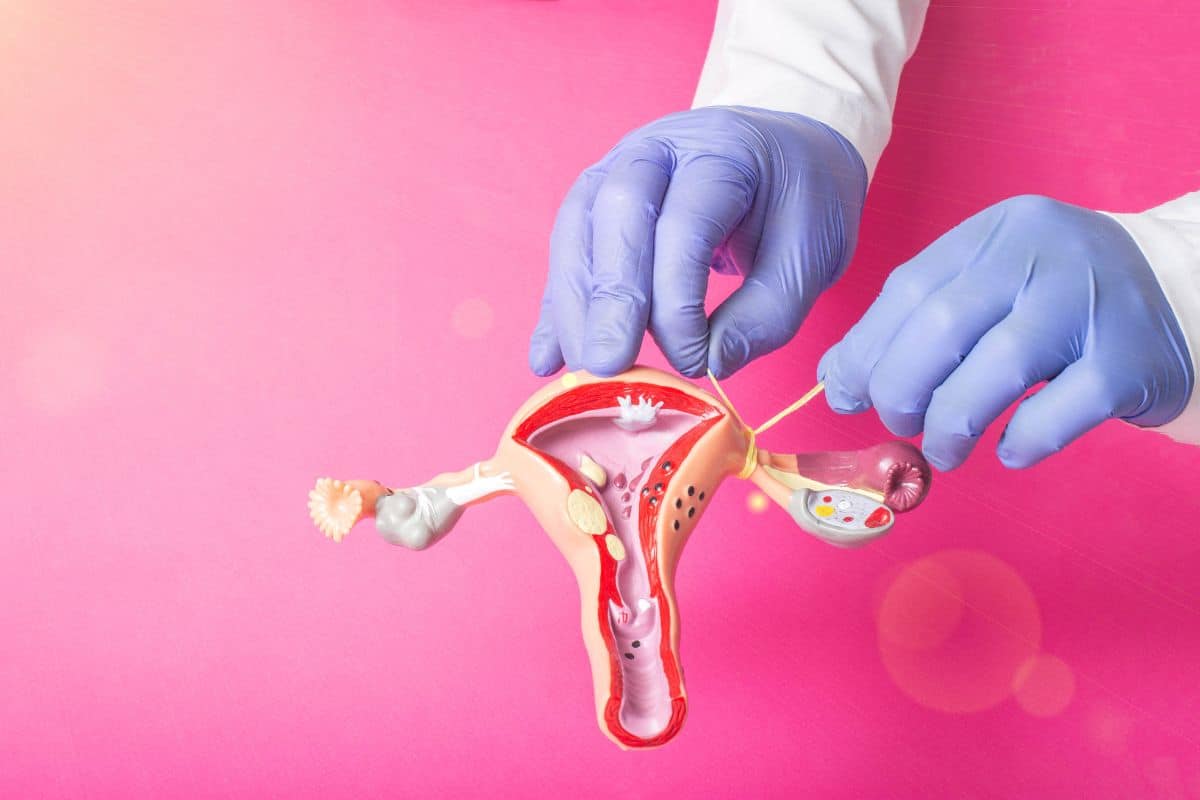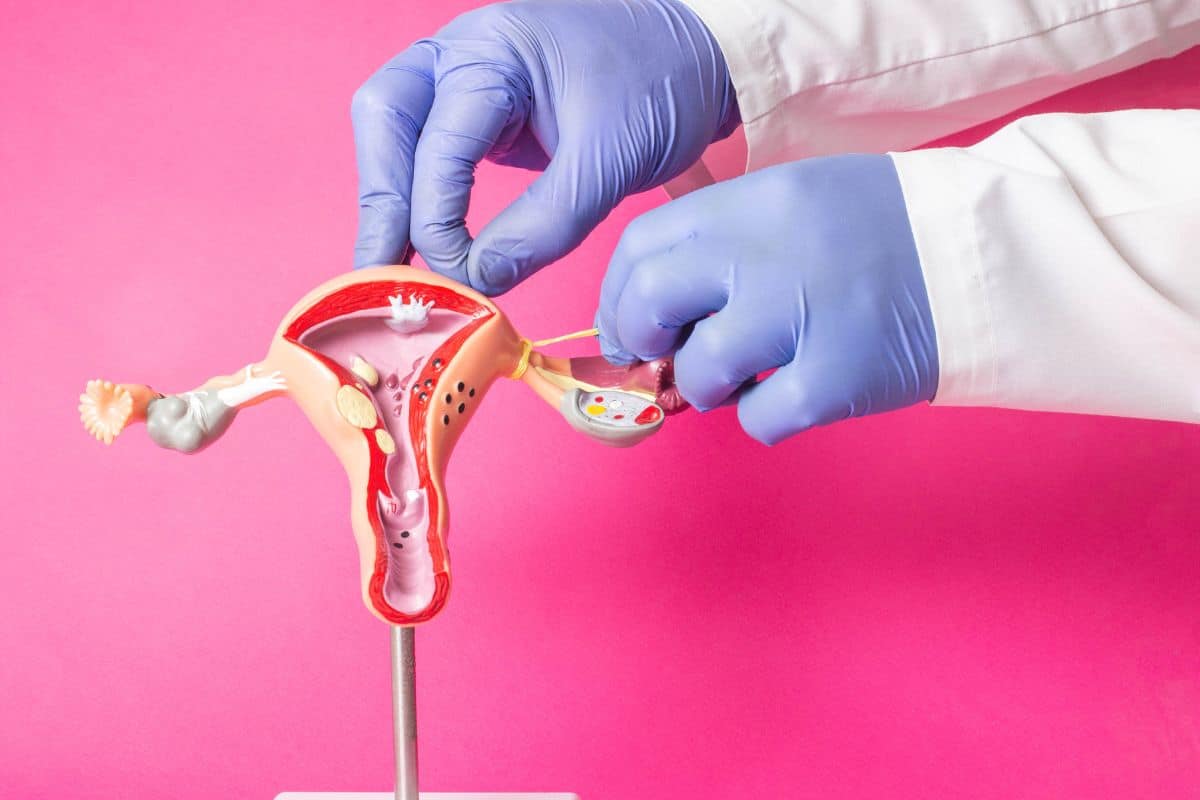Tubal Ligationsurgery is the surgery used to close the fallopian tubes in women. It is often referred to as tying the tubes.
This surgery is what women can undergo in order to ensure that they are no longer able to get pregnant. This makes the woman sterile.
It is completed by closing the fallopian tubes which are the tubes which connect the ovaries to the uterus, meaning they can no longer release eggs or have their eggs fertilized.
Table of contents
- What is Medicaid?
- Does Medicaid Cover Tubal Ligation?
- Will Medicaid Pay for Tubal Ligation Reversal Surgery?
- How Much Does Tubal Ligation Reversal Cost?
- Risks to Tubal Ligation
- Calls for Medicaid to Ease their Requirements for Reversals
- Alternatives to Tubal Ligation
- Final Thoughts
- Frequently Asked Questions
What is Medicaid?

Medicaid is usually the insurance coverage used to provide health insurance coverage to those who have a low income. This is inclusive of children, pregnant women and the elderly as well as those with disabilities.
Does Medicaid Cover Tubal Ligation?
Medicaid sometimes covers Tubal Ligation, but it doesn’t always. You have to meet lots of specifications in order to be able to qualify to get the procedure under Medicaid.
Getting a Tubal Ligation coverage can be quite challenging.
The requirements that you will have to meet in order to receive this surgery are the following:
- At least be 21 years old.
- Be deemed mentally competent.
- You must have given informed consent and then waited 30 days after you have provided the consent before the treatment.
- In certain extreme cases, such as when you have to undergo a premature delivery, you will only have to wait three days after the consent in order to receive the procedure.
The reason that there are these guidelines in place when it comes to permanent sterilization surgerys is to avoid someone making a rash decision or being coerced into making the decision.
Will Medicaid Pay for Tubal Ligation Reversal Surgery?
The answer to this question is not a simple one. It depends on how the Tubal Ligation was obtained in the first place.
In most cases, Medicaid will not pay for the procedure to be reversed if you voluntarily obtained the surgery in the first place.
This is one of the reasons that the requirements for getting the Tubal Ligation in the first place are so complex, and they have much more strict requirements when it comes to the reversal surgery.
Ligation reversal surgery is a very expensive surgery. Medicaid can sometimes cover this treatment.
In order to be eligible for this you have to ensure that getting the reversal will treat some other disease or help to diagnose some symptoms.
For instance, sometimes Tubal Ligation surgery can cause PTLS (Post Tubal Ligation Syndrome). This is caused by damage to your blood supply. It leads to your ovaries and can affect estrogen hormone levels.
If they drop too low, this can cause some medical problems. In this case, Medicaid may be able to pay for the reversal procedure.
If you have simply changed your mind and would like to have another child, you will not qualify to get this treatment funded by Medicaid.
In this case, you will have to pay for the treatment yourself. Or you can go through the process of applying for fertility grants, which, if you can obtain, will pay for the treatment.
You could also consider the options of fostering or adopting if you have changed your mind about becoming a parent.
How Much Does Tubal Ligation Reversal Cost?
If you are really hoping to receive the treatment reversal and you have exhausted all other options, you could always pay for the treatment yourself.
It costs an average of $6,500 but can be as much as $8000. This depends on a few different factors.
Including the area that you live in and which doctor you have chosen to perform the surgery.
Risks to Tubal Ligation
Tubal Ligation surgery carries many risks. These include:
- Damage to your blood vessels, bowel or bladder.
- An allergic reaction to anesthesia.
- Infection in the wounds from the surgery.
- Pain.
- Failure of the procedure will mean that you cease use of contraception and could fall pregnant.
Calls for Medicaid to Ease their Requirements for Reversals
Tubal Ligation surgeries are the second most common form of birth control in the US. Mostly used by women with public health insurance or no health insurance at all.
This is because it is available cheaply to women immediately after giving birth while they are able to access the care system.
Because of the way that these women are choosing to have the Tubal Ligation surgeries, mostly because they feel they are unable to afford other forms of contraception, lots of people believe that Medicaid should ease their requirements for the reversals.
Many of these women felt they didn’t have a choice but to get the surgery at the time in order to act as a form of birth control and they shouldn’t have to suffer because of this in the future if they wish to have more children.
Alternatives to Tubal Ligation

If you have doubts, doctors encourage not to get the surgery.
This is because it is quite difficult to reverse. If you change your mind and want to become fertile again, insurance will often not cover it.
If unsure as to whether you might want a baby in the future, there are many other forms of contraception that are available to you that are more temporary.
You could opt for taking the birth control pill, the contraceptive patch or contraceptive injections.
There are many other options available to you. You should go and speak to the doctor if you are considering any of these options.
Make sure you are making the best decision for yourself. Don’t make a rash decision when it comes to Tubal Ligation!
Final Thoughts
In some cases, Medicaid does cover Tubal Ligation surgeries. But you have to meet a set of requirements and they will not cover it for everyone.
You should be careful with this. As Medicaid will very rarely pay for the Tubal Ligation reversal surgery. If you need the procedure reversed it could end up costing you a lot of money!
Ensure you have thought through your decision and then speak to the doctor. The surgery may be exactly what you need. Or just a simple contraception will work just the same for you.
Frequently Asked Questions
There’s no legal age requirement for getting your tubes tied in the United States. There may, however, be restrictions on who will pay for the procedure, especially if you’re on Medicaid or have health insurance through another federally funded program. There are also variations about consent in state law.
There is no set legal age requirement for getting your tubes tied, and the age minimum can vary by state, insurance company and physician. Many younger patients have faced, and continue to face, doubt and pushback from doctors, and some are denied the procedure entirely.
Tubal ligation prevents an egg from traveling from the ovaries through the fallopian tubes and blocks sperm from traveling up the fallopian tubes to the egg. The procedure doesn’t affect your menstrual cycle.
